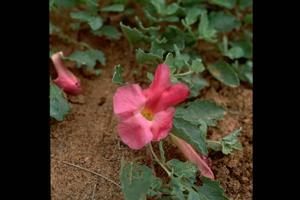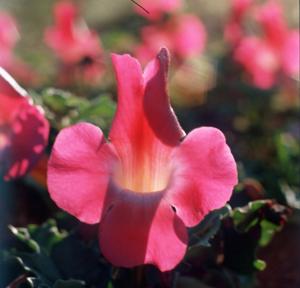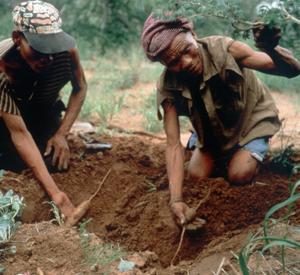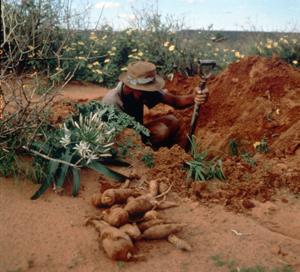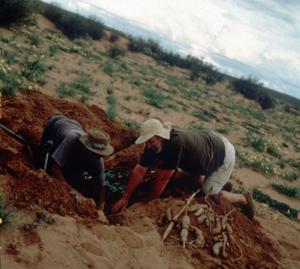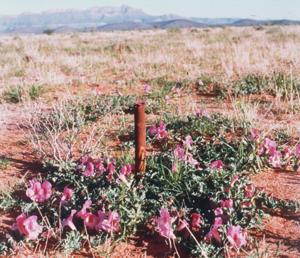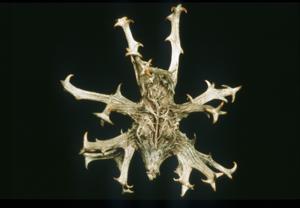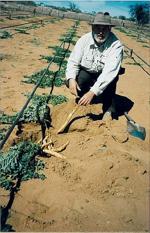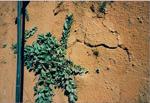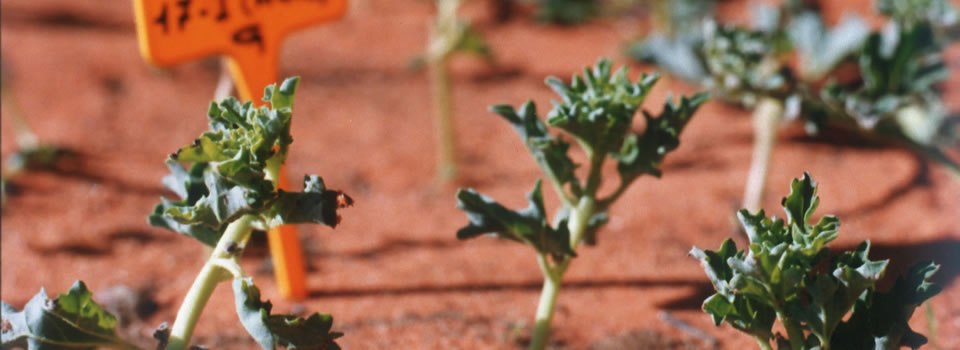Harpagophytum procumbens roots from the cultivation project in Namibia
Large scale field studies of Georges Betti (MAP) in Namibia, Botswana and Republic of South Africa, partly in cooperation with Herbresearch, on the phytochemical variability of constituents in the tubers of species of Harpagopyhtum performed in 49 field trips within 12 years:
- Development of a collection technique of the roots of spontaneously growing plants which ensures the survival of the plant.
- Development and installation of a cultivation of Harpagophytum procumbens (experimental phase, scale-up and full-size cultivation).
- Identification of chemotypes high in harpagosides, and cultivation of the selected origins.
- Preserving the high contents in phytochemical constituents by selection and isolation of high performance cultivars in a protected private area.
- Analytical studies on the repartition of the constituents within the tubers and their variability according to the year of formation.
- Follow-up on an eventual genetic drift within the cultivated populations.
- Research on the incidence of irrigation on biomass and the contents of phytochemical constituents.
- Determination of major parameters ensuring high contents in cultivation.
- Determination of optimal conditions for obtaining the best possible biomass and tubers with the highest possible content of phytochemical constituents within five weeks.
- Research on the presence of active constituents in the fresh plant parts.
- Development of an analytical technique for the differentiation of root slices of Harpagophytum procumbens and those of Harpagophytum zeyheri (differentiation is impossible by visual means).
- R&D on the impact of drying techniques on the percentage of harpagosides and glucoiridoids, the microbiologic quality and the formation of aflatoxins.
- Installation of a private genetic bank (GB) in Namibia, situated in an easily accessible zone. Operational since January 2011 for the development of a new program aimed on high quality yields.
- Traditionally produced qualities are available in high quantities.
- Material from bio-certified cultivation is also available.
